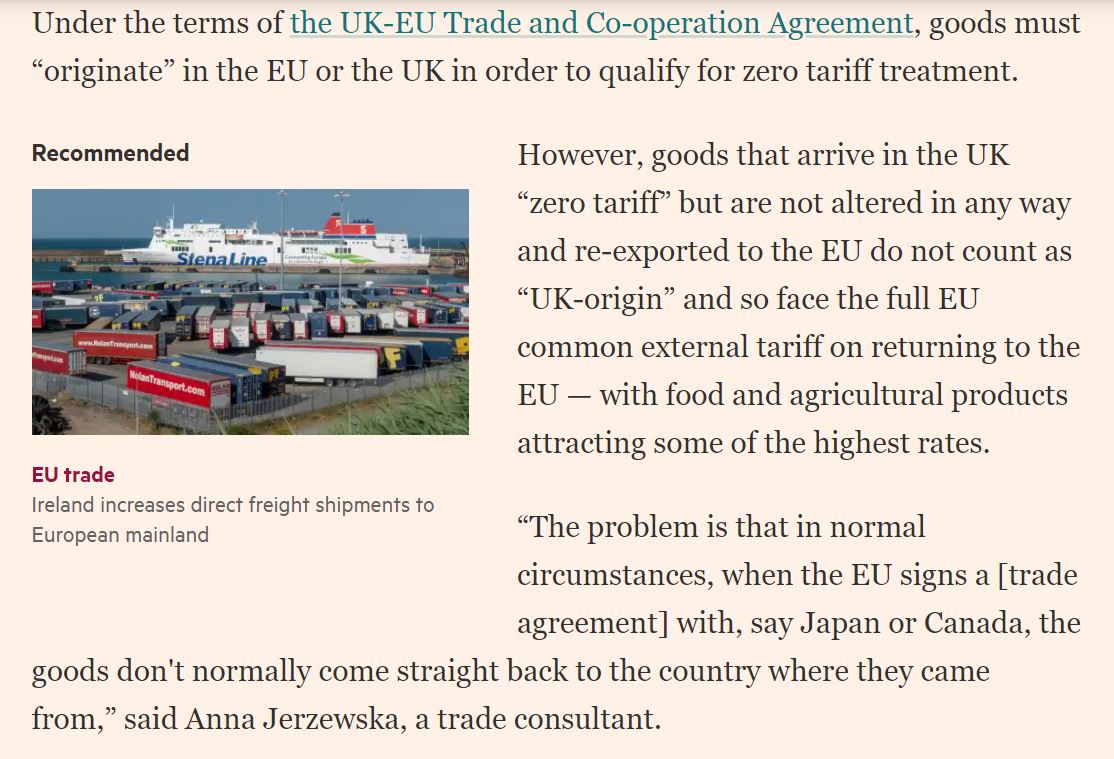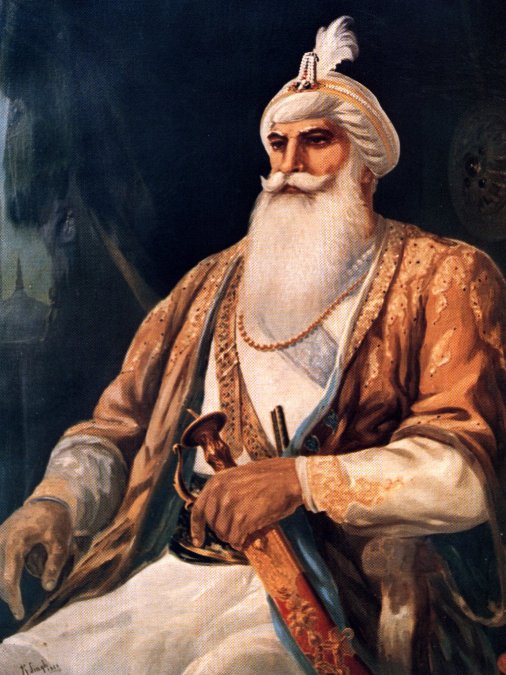https://t.co/O7bdVDAcvo
The UK refusing to give full diplomatic status the EU's mission in London is baffling at at time when @BorisJohnson is trying to connect with @JoeBiden - because it recalls what Trump administration did to the EU ambassador back in 2019. Stay with
https://t.co/O7bdVDAcvo

forge links with Bidenworld /10
https://t.co/djhBVICEQ1
This is simply petty.
— Tobias Ellwood MP (@Tobias_Ellwood) January 21, 2021
Biden commits to strengthening alliances and we engage in silly spats which will not help strengthen security and trade cooperation.
We are better than this. pic.twitter.com/m9CwG7YZga
Now the govt risks damage in both Brussels, EU capitals & DC...just when we're trying to strike the 'global Britain' pose and learn how to play piggy in the middle with those two regulatory behemoths.
Way to go. END
More from Peter Foster
As we report today one area being looked at is workers' rights...but it is politically difficult territory.
No cabinet decisions have been taken, but per sources, three potential areas been identified in Business Dept...
- the 48 Hour Week
- holiday pay/overtime calculations
- new EU rules on reporting hours worked...
All potentially possible post #brexit /2
The government says it has no intention of “lowering” workers’ rights....and notes that UK has actually gold-plated many EU regulations...BUT (think of government saying it won't "lower" animal welfare standards)...the devil will all be in the detail, if and when it comes /3
So the government likes to talk about ensuring workers’ rights are protected but ALSO making sure businesses has freedoms and flexibility to grow...so one man's reduction in rights is another freedom to get richer/work harder/be more prosperous. It depends how you sell it. /4
So take this 2017 story from The Sun on the cash bonanza that will be rained down on hardworking families by Brexiteers' (long standing) desire to scrap the 48-hour week. Overtime booooom..../5
https://t.co/QLqQ7rCzkv

More from Brexit
Both the @ChathamHouse and @Policy_Exchange reports are excellent and leave a healthy tension to the UK foreign policy debate. I\u2019m left with two questions that won\u2019t go away. Is the first underestimating how the world has changed. Is the second overestimating Britain\u2019s capacity?
— Ben Judah (@b_judah) January 11, 2021
1. The two versions have a converging point: a tilt to the Indo-pacific doesn’t preclude a role as a convening power on global issues;
2. On the contrary, it underwrites the credibility for leadership on global issues, by seeking to strike two points:
A. Engaging with a part of the world in which world order and global issues are central to security, prosperity, and - not least - values;
B. Propelling the UK towards a more diversified set of economic, political, and security ties;
3. The tilt towards the Indo-Pacific whilst structurally based on a realist perception of the world, it is also deeply multilateral. Central to it is the notion of a Britain that is a convening power.
4. It is as a result a notion that stands on the ability to renew diplomacy;
5. It puts in relation to this a premium on under-utilised formats such as FPDA, 5Eyes, and indeed the Commonwealth - especially South Pacific islands;
6. It equally puts a premium on exploring new bilateral and multilateral formats. On former, Japan, Australia. On latter, Quad;
London intends to make use of its costly SPS regulatory autonomy. As widely anticipated, first area of divergence expected to take place in the field of Crispr technology for genome editing, area where the UK has long argued for a more liberal stance.https://t.co/btRoxU3saZ
— Emily Rees (@emilyrees_eu) January 7, 2021
Let's start off with: I don't think any trade experts are surprised by this. It is why the TCA did not do much on SPS. It is why the EU did not offer much on SPS. It is why the UK did not ask much on SPS.
But it also shows that the popular slogan "after Brexit we'll have the same standards as before, so why would anything change in trade" was wrong - and worse, it was purposefully trying to stifle a necessary debate.
And this leads me to the next point: I have no issue with changing the rules, I have a massive issue with how it is done. Here's what we should discuss:
The decisive question: What are the standards the UK as a country wants. To inform this debate, we need the following information:

























